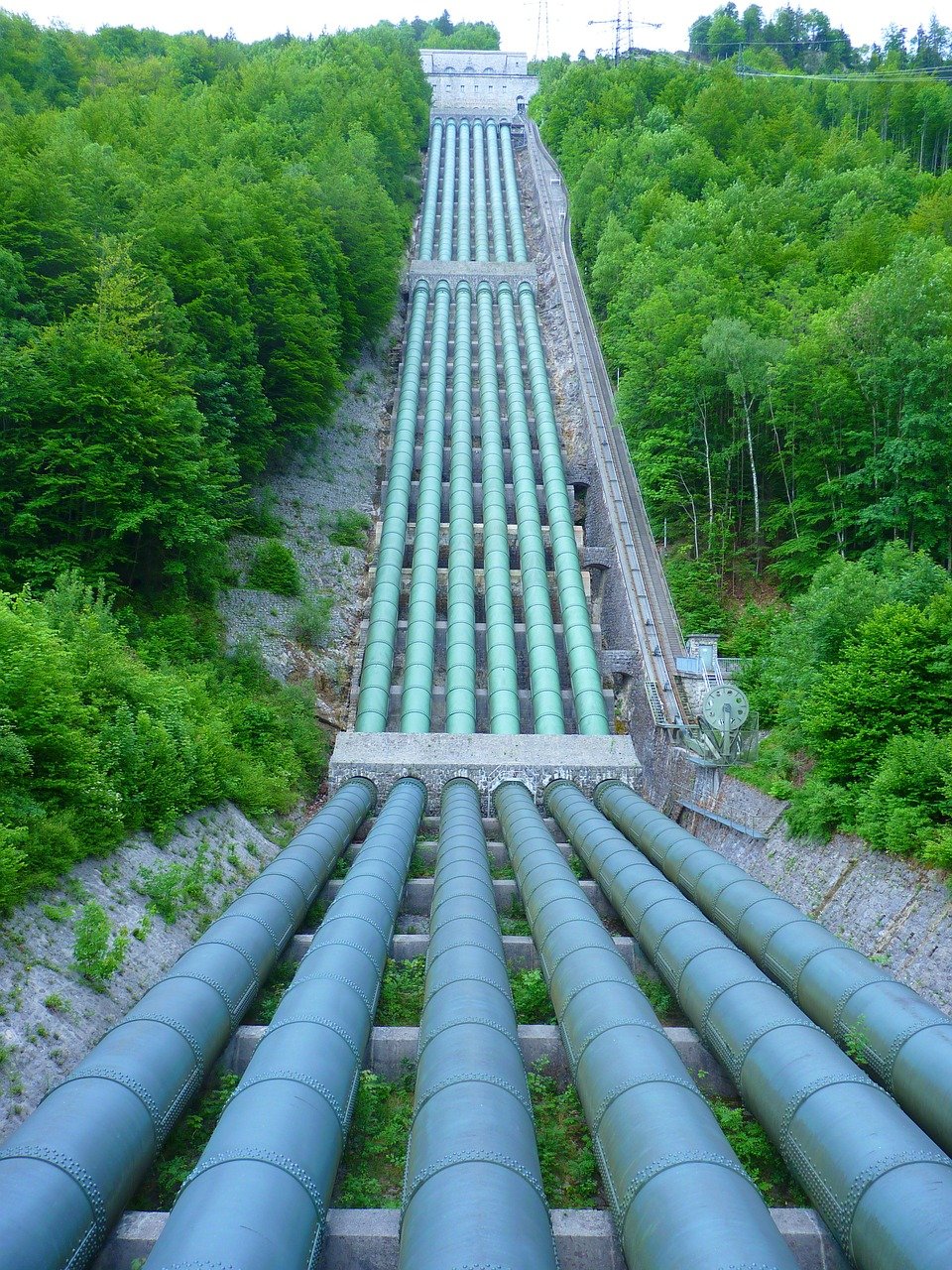- The expiration of a deal allowing Russia to pipe gas to Europe via Ukraine could impact Europe’s energy landscape.
- Slovakia assures no impact on its consumption due to diversified supply contracts, but is concerned about potential cost increases.
- Ukrainian President Zelenskyy suggests renewing the transit deal might be possible if Russia isn’t paid until after the war.
- The situation resembles the 2009 gas dispute between Russia and Ukraine, highlighting Europe’s dependence on Russian gas and potential geopolitical implications.
The escalating geopolitical tensions between Russia and Ukraine have taken a new turn, with the potential to significantly impact Europe’s energy landscape. The crux of the issue lies in the impending expiration of a five-year deal that allows Russia to pipe its gas to Europe via Ukraine. The deal, set to expire at the end of the year, has been a significant source of contention between the two nations, with Ukraine refusing to renew the agreement, citing its unwillingness to aid Moscow’s military efforts.
The transit deal accounts for approximately half of Russia’s total pipeline gas exports to Europe. Countries such as Slovakia, Italy, Austria, and the Czech Republic are expected to be most affected if the deal ends. The Kremlin-controlled Gazprom also exports gas to Europe via the TurkStream pipeline on the Black Sea bed. However, the situation has been described as very complicated by Kremlin spokesman Dmitry Peskov, who refrained from providing further details about the recent talks between Russian President Vladimir Putin and Slovak Prime Minister Robert Fico.
During these talks, Putin confirmed Russia’s willingness to continue supplying gas to Slovakia, despite the practical impossibility of doing so once the Ukraine transit deal expires. The potential solutions discussed by the two leaders remain unclear.
Slovakia’s Stance and Europe’s Energy Security
Slovakia, on the other hand, has assured that the loss of supplies from the east would not impact its consumption as it has diversified supply contracts. However, the country is concerned about the potential increase in costs and is keen on preserving the Ukraine route to maintain its own transit capacity.
Slovakia’s main gas buyer, SPP, has contracts for the purchase of gas from non-Russian sources with BP, ExxonMobil, Shell, Eni, and RWE. The Dutch TTF gas hub saw a rise in the benchmark front-month contract by 1.52 euros to 45.33 euros per megawatt hour (euros/MWh), according to LSEG data.
Ukrainian President Volodymyr Zelenskyy criticized Fico’s apparent reluctance to end Slovakia’s dependency on Russian natural resources, terming it a big security issue for Europe and Slovakia. Hungary, too, has expressed interest in keeping the Ukrainian route, although it will continue to receive Russian gas from the south via the TurkStream pipeline.
The Impact of the Conflict and Historical Precedence
Zelenskyy suggested that renewing the transit deal might be possible, but only if Russia was not paid for the gas until after the war is over, a condition Moscow is unlikely to accept. This situation has led to a rise in Dutch and British wholesale gas prices due to the uncertainty over Russian gas flows to Europe when the Ukraine gas transit deal expires at the year-end.
In the midst of this, a Russian cargo ship, which Kyiv claims was intended to collect weapons from military bases in Syria, has sunk en route in the Mediterranean Sea. This incident, coupled with the claim by Ukraine’s military intelligence that North Korean troops killed and injured while fighting alongside Russian forces have surpassed 3,000, adds another layer of complexity to the ongoing conflict.
The current situation bears a striking resemblance to the 2009 gas dispute between Russia and Ukraine, which resulted in a severe gas shortage in several European countries. The dispute was triggered by a disagreement over the price of natural gas and the fees for transit. The crisis was eventually resolved, but it served as a stark reminder of Europe’s dependence on Russian gas and the potential implications of geopolitical tensions on energy security.

